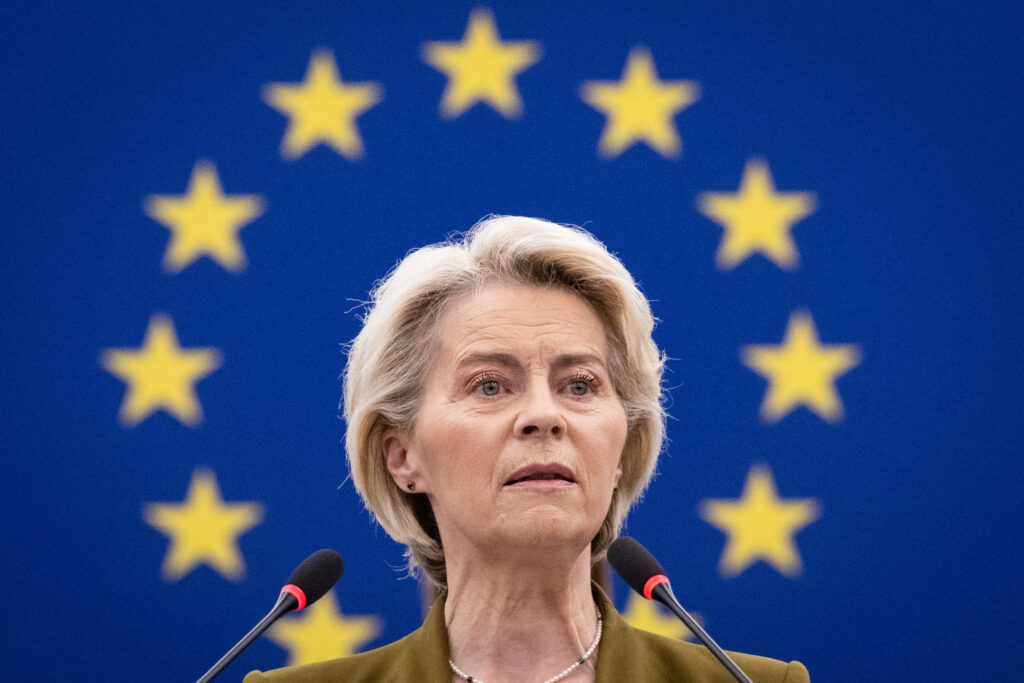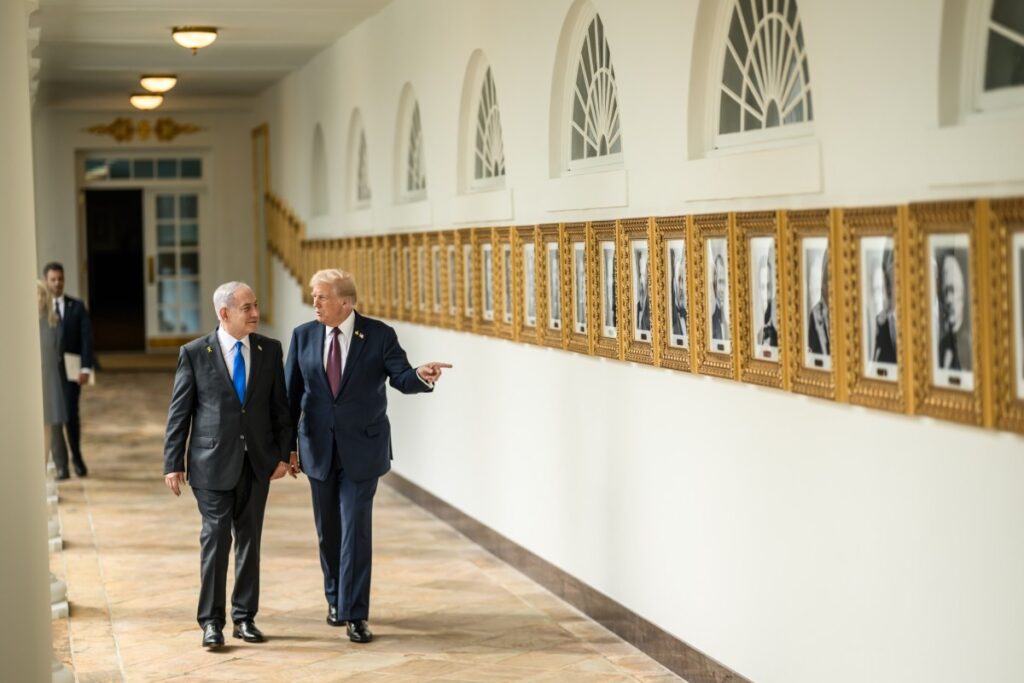By Gustav Boethius
Download Insight 47 Boethius HERE
Earlier this month, the seventeenth conference of the parties (COP17) to the United Nations Framework Convention on Climate Change (UNFCCC) delivered what many analysts thought would be impossible. After 36 hours of overtime wrangling, the delegates agreed to start the negotiations for an internationally binding climate change treaty to reduce global greenhouse gas emissions. Notable resistance to the Durban agreement came from the world’s largest oil exporters, including the member states of the Gulf Cooperation Council (GCC). An Economist blog post provides a particularly good illustration of this dynamic: The problem was the Saudi Arabians, who the previous night had threatened to block the passage of a parcel of agreements They were demanding an addition to it’a commitment to look into ways to compensate oil producers for the losses they would suffer if the world stopped burning fossil fuels. If this did not happen, the oil sheikhs would withhold their support from the entire package. Most of the scores of diplomats present were appalled. Not least those from small island nations, like Kiribati and Tuvalu, which are likely to disappear beneath the rising seas long before the Saudis have drained their last well. But it mattered naught. Agreements can only be reached at the UN climate summit through a consensus of the 200-odd countries represented at it. After a fraught few hours of bickering, the Saudis got their wretched commitment.[1] Yet the Gulf’s opposition to an internationally binding climate change deal is understandable in view of the fact that although the GCC economies have made some progress in diversifying their production structures, their principal source of income remains rooted in oil exports. A shift away from oil as a major source of energy would harm these economies. Also, in the wake of the Arab Spring, the Gulf countries’with a view to appeasing their populations’have dramatically increased social spending, which is primarily drawn from oil and gas revenues. Thus, while energy security was once the GCC’s primary concern regarding oil in the Middle East, demand security is now at the top of the Gulf’s agenda.[2] To the GCC, anything that resembles a climate change deal without the necessary indemnity is not in its interest.
The Durban agreement
The Durban deal, agreed to by the 194 nations present, is yet to be formulated, but the deadline for the negotiations will be 2015. The finished treaty will then enter into force in 2020. The new treaty will differ significantly from the current Kyoto Protocol. The Kyoto Protocol only covers emission reductions in what is known as the Annex I countries. These were considered to be the world’s rich nations when the Kyoto Protocol was agreed on in 1997 (the United States was not included in this list as it refused to sign the treaty). The Annex II countries, or the world’s poor nations in 1997, were exempt from any emission cuts. But the state of global development has changed since the late 1990s and today the Annex II list includes both the largest emitter (China) and the country with the highest GDP per capita (Qatar). The new treaty will make no exceptions for a country’s developmental status and will legally bind all nations to emission cuts which, when it enters into force, may be a breakthrough in the world’s efforts to combat climate change. Admittedly, the Durban agreement is more tenuous than some delegates, notably the EU and many developing countries, would prefer in the sense that the term legally binding is not part of the currently accepted text. Instead, the delegates settled for a final text that stipulates that the 2015 climate treaty will have a legal form. However, when one considers the considerable political forces standing behind the fossil fuel sector, the Durban negotiations become a significant achievement.
The implications of Durban
There are few, if any, immediate effects of the Durban agreement on the GCC economies. It does not place any limits on the Gulf’s energy exports, and business-as-usual remains the order of the day. Psychologically, though, nothing could be more deterring to oil producers than the idea that oil is no longer indispensible. That the world is willing to find alternative energy sources shrinks the perception of oil’s strategic value, reducing the effect of the speculative component that is imputed in oil’s price on a daily basis. The medium-term effects of the COP17 outcome are more substantial. The awareness that the days of oil dependency will eventually come to an end might not be surprising to either investors or fossil fuel exporters, but the Durban agreement makes that end seem more tangible. At the same time, the prospects of the clean energy industry have become more apparent, with the sector having experienced double-digit growth over the last decade. Furthermore, recent reports say that unless considerable investments in clean and efficient energy infrastructure begin today, the world is unlikely to limit global warming to within the currently agreed limit of 2C.[3] The rising awareness of both the need to invest in the renewable energy sector, as well as the economic potential of this sector, threatens the position of the fossil fuel industry. The upcoming United Nations Conference on Sustainable Development in June 2012 is likely to further encourage the global focus on renewable energies, and will give the world a glimpse of a future without fossil energy.[4] Moreover, climate politics changed drastically during 2011. India and China, who previously shied away from committing to emission cuts, have changed their positions. As Asia represents the most reliable long-term export market for the GCC states, this volte face is for them disconcerting. The Durban deal may, however, have some hidden benefits for the Gulf states. Although the Gulf countries are in a strong financial position at the moment, they remain underdeveloped. Fundamentally, development is not about the amount of money a country owns; rather, it is about the deployment of real resources or the conversion of finances into real capital. Pressure on the Gulf states provides the incentive to diversify their production base and move to fully support the creation of a knowledge-based economy. Excess financial resources could mobilize real resources, build capacity, and prop up physical and social infrastructure, which would enable a transition from underdevelopment to development. With so much in financial assets and the huge absorptive capacity that underdevelopment represents, the GCC states may quickly make the transition.
Beyond the horizon
The issue of climate change is undergoing a process of securitization. As the world’s most powerful countries become less and less dependent on fossil fuel technologies and as climate change becomes more dangerous, large scale emissions of greenhouse gases will increasingly be seen as a threat to international security. The day may come when the continued emissions of greenhouse gases will be regarded as so harmful to the world’s security that actions might be taken on the international level to prevent them. Though such coercive emission reductions are still very far away, the Durban agreement may move the world one small step further in that direction. It is important, however, to bear in mind that for a small developing country on the road to industrialization and development, the prohibition of the combination of cheap energy and technology can be detrimental. Any future deal must take into consideration the equal playing field approach that already allowed the developed countries to pollute the world and move forward. Not devaluing the assets of poor countries while still effectively fighting climate change will be the new treaty’s greatest challenge.
Qatar next
The U.S. climate negotiator Todd Stern recently warned that hammering out the details of the global treaty will be a tremendous diplomatic effort.[5] There are also many political obstacles down the road. Should, for instance, a republican candidate win the next U.S. general election, the global climate change process is almost certain to grind to a halt. Moreover, as next year’s negotiations will take place in Qatar, the influence of the more obstructive GCC member states will likely be more significant there. In conclusion, the Durban agreement is both bad and good news for the GCC economies. The continued reliance on oil exports is, in the long run, unsustainable from an economic and environmental as well as a political perspective. Efforts to promote economic diversification are therefore likely to intensify in the coming years, which may bring about a positive outcome. When Gulf development is considered on the basis of individual freedoms and intricate supply chains, one may note that despite 50 years of oil rents the GCC economies remain firmly grounded in the underdevelopment category. In this respect, oil has been a developmental curse. In preparation for the future climate deal, the Gulf region needs time to improve its position’perhaps more time than has been given. The Durban agreement has signalled the urgency that things need to change, and the international community is clearly moving ahead. Although it is impossible to predict the future of global climate action, the only certainty appears to be that the climate change issue itself will remain a priority on the global agenda. Photo courtesy of Ainhoa Goma/Oxfam.
[1] J.A., UN Summit on Climate Change: The Green Scene, The Economist, 9 December 2011. Available at http://www.economist.com/blogs/newsbook/2011/12/un-summit-climate-change.
[2] Gustav Boethius, Demand Security’The GCC’s Side of the Energy Security Coin, Middle East Institute, 22 August 2011. Available at https://mei.nus.edu.sg/publications/demand-security-%E2%80%93-the-gcc%E2%80%99s-side-of-the-energy-security-coin.
[3] International Energy Agency, World Energy Outlook 2011 (Executive Summary). Available at http://www.iea.org/weo/docs/weo2011/executive_summary.pdf.
[4] More information about the Rio+20 conference is available at http://www.uncsd2012.org/rio20.
[5] Fiona Harvey and Damian Carrington, Durban Climate Conference Agrees Deal to Do a Deal’Now Comes the Hard Part,The Guardian, 12 December 2011. Available at http://www.guardian.co.uk/environment/2011/dec/12/durban-climate-change-conference-2011-southafrica.





